Thursday, August 31
CGOTS Panel I. Legitimacy Issues in Taiwanese Politics
1. "Personality Traits and Individual Attitude toward the Independence/Unification Issue in Taiwan,"
Dennis Weng, Sam Houston State University (Author)
Ching-hsing Wang, University of Houston (Author)
2. “The Rise of Cause Lawyers and the Rule of Law in Taiwan”
Chin-shou Wang, National Cheng Kung University (Author)
Yu-Hsien Sung, University of South Carolina (Author)
3. “Framing Effects of Pro-Gay and Pro-Family Activism in Taiwan”
Shih-chan Dai, University of Massachusetts-Amherst (Author)
Chung-li Wu, Academia Sinica (Author)
4. “Generation and Identity in Taiwan: Change and Continuity”
T.Y. Wang, Illinois State University (Author)
Su-Feng Cheng, National Chengchi University (Author)
Chair:
Yao-yuan Yeh, University of St. Thomas
Discussants:
Chien-kai Chen, Rhodes College
Aram Hur, New York University
Friday, September 1
CGOTS Panel II. Parties and Elections in Taiwan
1. “Accounting for Legislative Candidate's Donation and Spending”
Chia-hung Tsai, National Chengchi University (Author)
Nathan F. Batto, Academia Sinica (Author)
Su-Feng Cheng, National Chengchi University (Author)
Ching-hsin Yu, National Chengchi University (Author)
2. “Electoral Institutions, State Subsidy Rules, and the Party System in Taiwan”
Yen-Pin Su, National Chengchi University (Author)
3. “The Emergence of New Parties: A Case Study of the New Power Party in Taiwan”
Chi Huang, National Chengchi University (Author)
Kah-yew Lim, National Chengchi University (Non-Presenting Co-Author)
Lu-huei Chen, National Chengchi University (Author)
Eric Chen-hua Yu, National Chengchi University (Taipei) (Author)
4. “The Issue Structure of Voter Choice in Taiwan’s 2016 Presidential Election”
Caleb M. Clark, Auburn University (Author)
Karl Ho, University of Texas, Dallas (Non-Presenting Co-Author)
Alexander C. Tan, University of Canterbury (Author)
Chair:
Hans Stockton, University of St. Thomas
Discussants:
Lu-Cheng Dennis Weng, SUNY, Cortland
Austin Horng-En Wang, Duke University
6:30-7:30pm, Hilton Union Square, Golden Gate 1
Conference Group on Taiwan Studies Business Meeting
Open to all CGOTS members
7:30-9:00pm, Hilton Union Square, Golden Gate 3
Conference Group on Taiwan Studies Reception
Open to CGOTS members and guests; food and drink provided


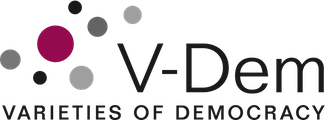
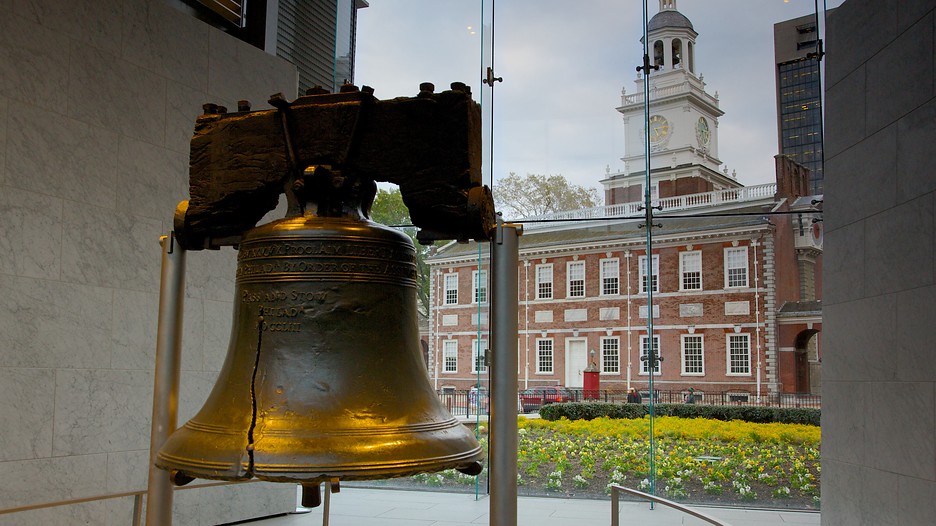

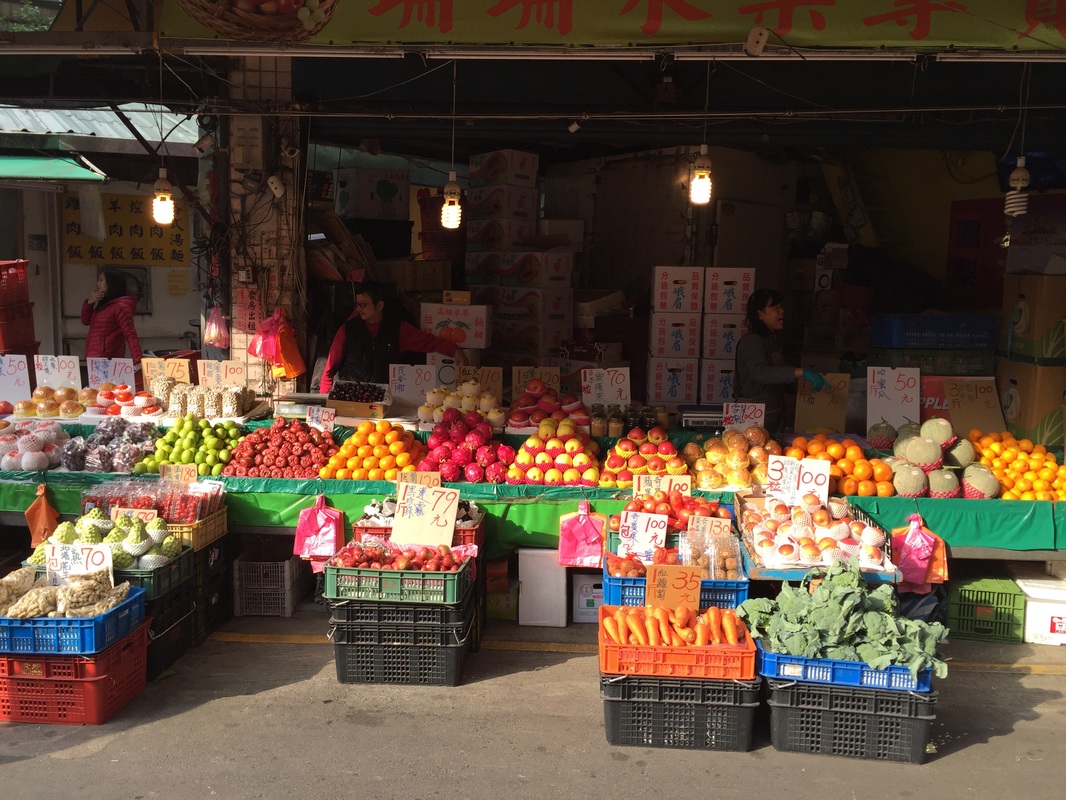
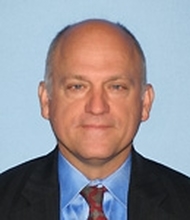
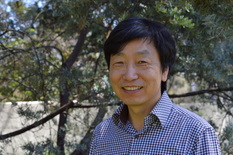
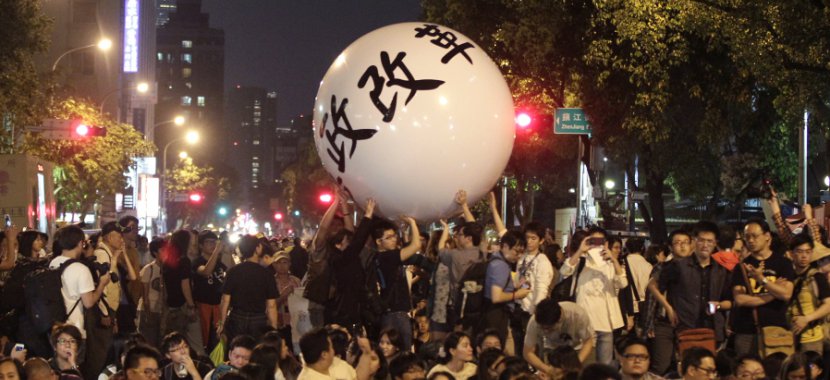
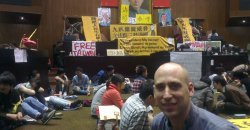
 RSS Feed
RSS Feed
